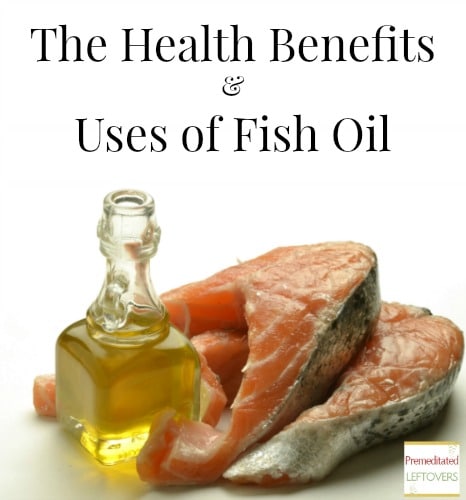Fish Oil? At first blush it sounds cringe worthy doesn’t it? In fact fish oil, or Omega 3 Fatty Acid, is actually very good for you. Omega 3 Fatty Acid is found in the fatty layers of cold water fish and shell fish. There are two different types of Omega 3’s, short chain Omega 3’s which are found in plants like flax seed, and long chain Omega 3’s that are found in fish. Both types have significant health benefits, however the short chain Omega 3’s are significantly less potent than long chain Omega 3’s meaning you’d have to eat a lot of plants just to equal a small serving of fish.
Our bodies do not produce their own source of Omega 3’s nor are they able to convert Omega 6 Fatty Acids (common in our diets due to grain consumption) in to Omega 3’s. It’s still unclear exactly how Omega 3’s work to benefit our health but most of the research points to its ability to reduce pain and swelling in the body. The best source of Omega 3 Fatty Acid is through fatty fish such as mackerel, tuna, salmon, trout, herring, and sardines. These will provide approximately 1 gram of Omega 3 per 3.5 ounce serving. In addition to natural sources, Fish Oil supplements can be found in the vitamin aisle of most food and drug stores and usually get their Omega 3’s from mackerel, herring, and tuna.
The Health Benefits of Fish Oil
Fish Oil has several health benefits regardless of whether your source is from fish or from supplements. Some of these benefits include:
- Lowers triglycerides – High triglyceride is related to heart disease. Studies show that Omega 3 Fatty Acids help lower triglycerides and lower the risk of heart disease.
- Reduce Inflammation – Omega 3’s have anti-inflammatory properties that help reduce pain and swelling especially in people with Rheumatoid Arthritis.
- Immune Support – Fish oil helps support white blood cell function which in turn helps keep your immune system functioning effectively.
- Improves brain health and function
- Supports pre-natal brain development in pregnant women
- Reduces menstrual pain
- Reduces blood pressure
- May reduce symptoms of depression and risk for suicide
The common denominator in the majority of these health benefits is the anti-inflammatory properties of fish oil. By reducing pain and inflammation patients are less symptomatic and begin to feel better. If your main source of Omega 3’s is from consuming fish you get a double dose of health benefits because fish is high in protein, vitamins, minerals and low in saturated fat. It is also important to decrease the amount of Omega 6’s from your diet (crackers, grains, corn-fed beef) while you increase your intake of Omega 3’s because Omega 6’s tend to increase inflammation while Omega 3’s tend to reduce inflammation. Making a conscious effort to increase your Omega 3’s can be completely derailed if you don’t eliminate or reduce your consumption of Omega 6’s. Making fish a regular part of your diet (2 8oz servings a week) is a great way to start increasing your Omega 3’s. Here are 25 fish recipes to help you add more fish to your diet.
As always, be sure to consult your doctor before making any major changes to your diet or starting any supplements.
More Healthy Foods to Add to your Diet:
- The Health Benefits of Coconut Oil
- The Health Benefits of Turmeric
- The Health Benefits of Flax Seeds
- The Health Benefits of Chia Seeds
- 20 Frugal Ways to Use Coconut Oil
Alicia can be found on her blog Moms Don’t Say That where she share recipes, tips, and musings from her life.


Leave a Reply